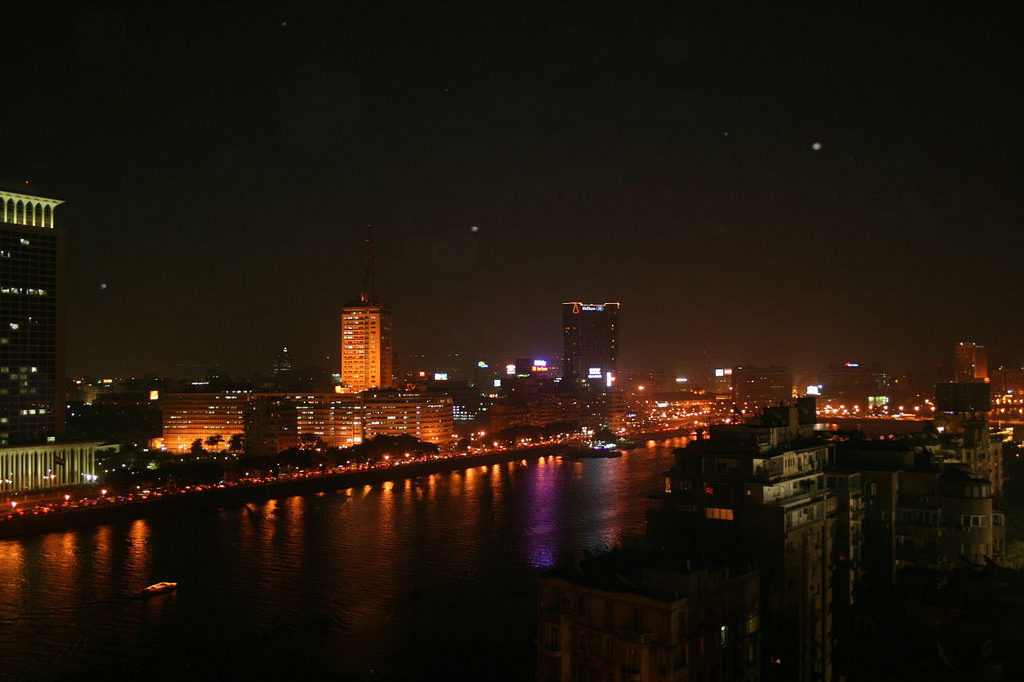As of December 2017, Egypt’s gross domestic product was $235.7 billion. This ranked 47th in the world behind countries like Bangladesh, Chile, and Pakistan. The country’s economy has been struggling for the past several years, and overpopulation has significantly exacerbated economic challenges.
In 2017 alone, the population of its capital city, Cairo, grew by an estimated 500,000 people, more than any city in the world. Moreover, the population of Egypt has doubled over the past 30 year sand, if projections remain on target, the country’s population could reach 120 million by 2030.
To support its growing population, the government is establishing a New Administrative Capital, which has yet to receive an official name.
Twice the Size of Cairo
According to the government, the New Administrative Capital is necessary. This is because Cairo, which is currently home to more than 20 million people, could reach a population in excess of 40 million by 2050.
Expected to be constructed on a 170,000-acre plot of desert land between the Suez Canal and the Nile River, the New Administrative Capital’s development was put into motion by general-turned-president Abdel-Fattah el-Sissi. The city will be twice the size of Cairo.
In addition to alleviating the country’s overpopulation concerns, he contends the New Administrative Capital will improve the economy. It will create jobs and attract investors for projects such as housing complexes and new roads as well as the expansion of the Suez Canal.
Construction began on the $45-billion city in 2016, and residents are expected to move in within the next year. Once completed, the New Administrative Capital will accommodate 6.5 million people. It is expected to house all levels of government as well as an airport, sports complex, opera house, and a 21-mile-long public park.
“History will do justice to this generation of Egyptians and our grandsons will remember its achievement, a wave of construction unprecedented in modern-day Egypt,” proclaimed Prime Minister Mustafa Madbouly.
China Heavily Involved in Funding
China has been a major investor in the New Administrative Capital through its early stages. The country is also expected to be heavily involved in its construction and infrastructure development.
According to Daily News Egypt, Chinese bank loans are covering as much as 70 percent of total costs for the mega project with interest rates between 2 and 3 percent. Repayment on those loans could begin as soon as the end of 2019, following a 36-month grace period.
Moreover, the city’s central business district is being constructed by China State Construction Engineering Corporation (CSCEC). CSCEC intends to train upwards of 10,000 Egyptian construction workers to assist with the ambitious project. CSCEC is also taking the lead on another project in the capital which, when completed, will serve as a symbol of power and strength for Egypt.
Construction of the World’s Largest Tower
One of the great feats of achievement of the New Administrative Capital is expected to be a 250-floor tower that will surpass the 830-meter Burj Khalifa in Dubai as the tallest in the world. In addition to luxurious apartments, the tower will include international shopping centers, cinemas, recreation areas, and amusement parks. The capital will also be home to Egypt’s tallest church steeple and largest minaret.
Being Developed as a Smart City

The Egyptian government is emphasizing technology and innovation in the development of the New Administrative Capital.As the first smart city in the country, it will feature a smart traffic system that should alleviate concerns of road congestion such as that which exists in Cairo.
Additionally, there will be sensors that automatically report fires or smoke to emergency service systems. It’s expected that China will also supply much of the technology and telecom infrastructure required to support those services.
The New Administrative Capital could also become the first city in the country to accommodate electric vehicles. Egypt’s Minister of Environment, Yasmine Fouad, recently announced the government was developing the legal framework to move ahead with the objective.
This electric vehicle infrastructure is part of the country’s ambitious plan to reduce the amount of particulate matter in its air by 50 percent before 2030. It is possible that Egypt could receive funding support from the Paris Agreement on Climate Change.
Criticism of the New Administrative Capital
Despite the fact that the city will address concerns relating to overpopulation and the government’s assertion that it will help improve the economy, there are several critics of the New Administrative Capital. Some, in particular, contend that the multi-billion-dollar plan was pushed ahead with little debate. They feel that the funding could have been better served refurbishing Cairo and improving social services.
Political analyst Hassan Nafaa is one of those critics: “Maybe el-Sissi wants to go down in history as the leader who built the new capital, but if Egyptians don’t see an improvement in their living conditions and services, he will be remembered as the president who destroyed what is left of the middle class.”

